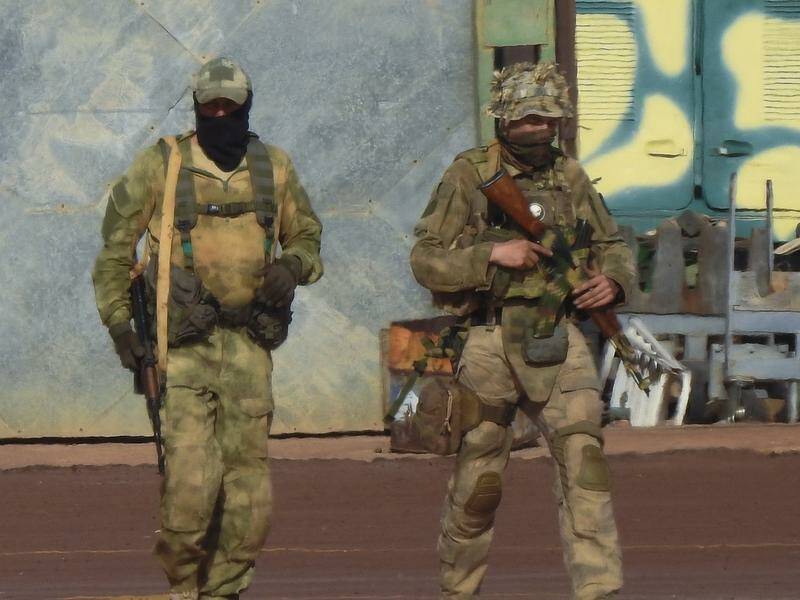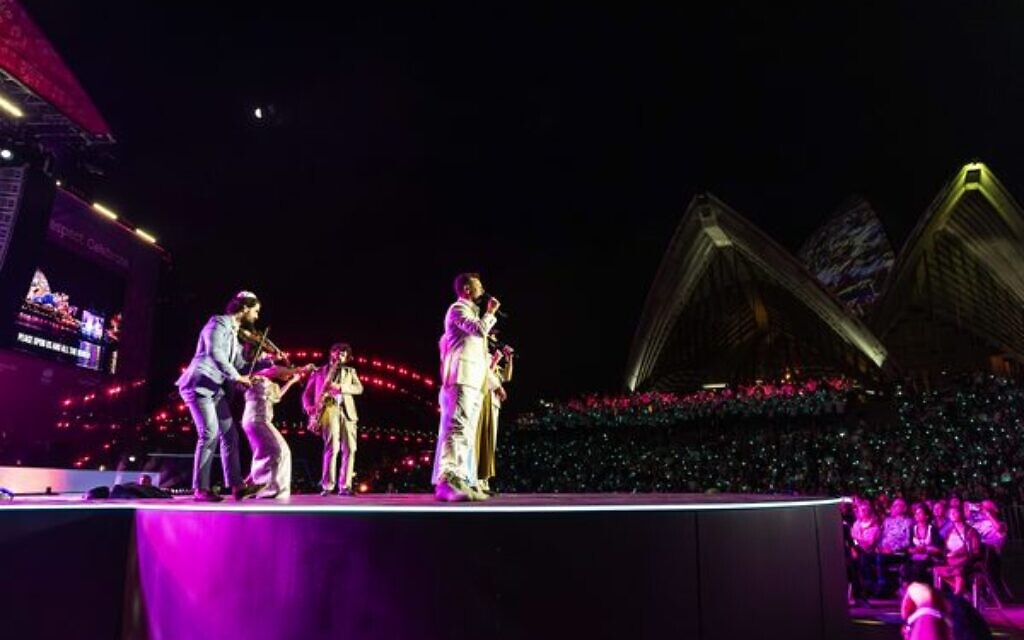
A UK court has revealed a disturbing plot involving Dylan Earl, a ringleader of an arson attack on businesses linked to Ukraine. Prosecutors allege that Earl discussed plans to kidnap Nikolay Storonsky, the co-founder of the finance app Revolut, as part of a broader scheme to support Russian interests. The revelations came during a hearing at the Old Bailey in London, where Earl faces sentencing for his role in the 2024 arson incident.
Earl, 21, admitted to aggravated arson related to a fire that targeted companies involved in delivering satellite equipment from Elon Musk‘s Starlink to Ukraine. According to the prosecution, he sought to pay a serving member of the UK armed forces for intelligence, further implicating him in a conspiracy that extends beyond mere vandalism.
On the day of his arrest in April 2024, Earl communicated via the messaging platform Telegram with an individual identified as “Lucky Strike,” purportedly linked to the Wagner Group. Earl and this handler discussed the logistics of kidnapping Storonsky, who is a vocal critic of Russian President Vladimir Putin. In one exchange, “Lucky Strike” asked, “Can you catch somebody and get him to transfer money to your accounts?” to which Earl responded, acknowledging the challenges posed by Storonsky’s wealth and security measures.
Prosecutor Duncan Penny presented further evidence of Earl’s intentions, including plans to set fire to a warehouse in the Czech Republic for £35,000 (approximately $A72,200). This involved recruiting an accomplice in Slovakia, illustrating the international aspect of the conspiracy. Earl’s messages indicated a desire to cause significant damage, stating, “A warehouse needs to be (fire emoji).”
The court also examined communications between Earl and the UK soldier, who boasted about his connections within the military, including ties to the Special Air Service (SAS). This dialogue raised alarms about Earl’s outreach for operational intelligence, with the soldier affirming he could gather information from his squadron.
Penny characterized Earl’s actions as a “sustained campaign of terrorism and sabotage” on UK soil, emphasizing the support of a foreign power—the Russian Federation—and its ongoing aggression against Ukraine. Earl’s defense attorney, Paul Hynes, portrayed him as a “sad individual” who had been manipulated by sophisticated Wagner handlers, arguing that his intentions were misguided rather than malicious.
The Kremlin has denied any involvement in the warehouse fires, with its embassy in London rejecting the allegations. Penny noted a concerning pattern, indicating that shortly after the London incident, similar fires occurred in Madrid, suggesting a coordinated sabotage effort across Europe.
UK authorities have consistently accused Russia of orchestrating destabilizing activities within the country. Recent developments included the conviction of a group of Bulgarians in March for espionage on behalf of Russian intelligence. On Thursday, police arrested three men suspected of aiding Russia’s intelligence operations, underscoring a growing concern over foreign intelligence services recruiting “proxies” in Britain.
As the trial continues, the implications of Earl’s actions extend far beyond individual culpability, raising significant questions about the influence of foreign powers within the UK and the safety of its citizens.







